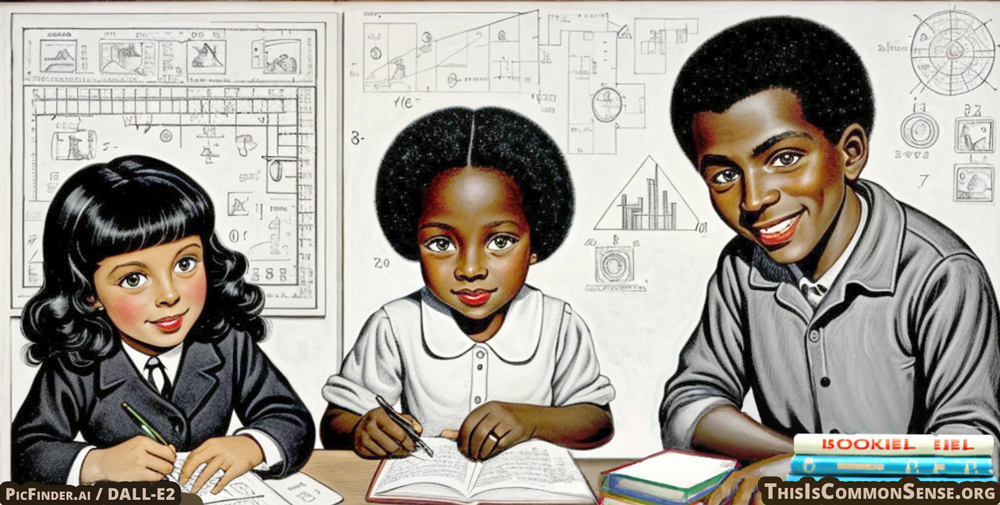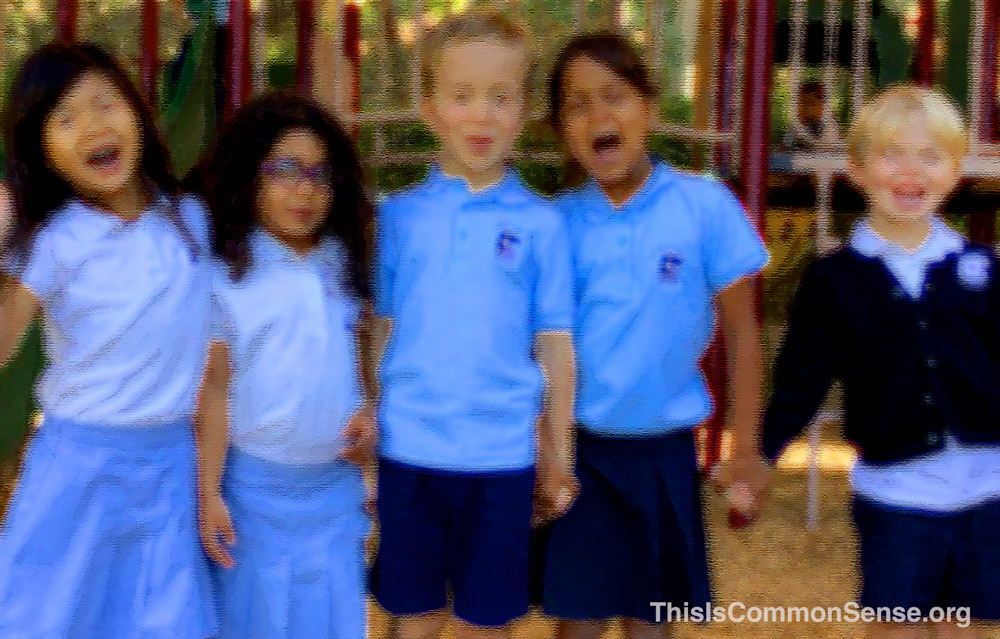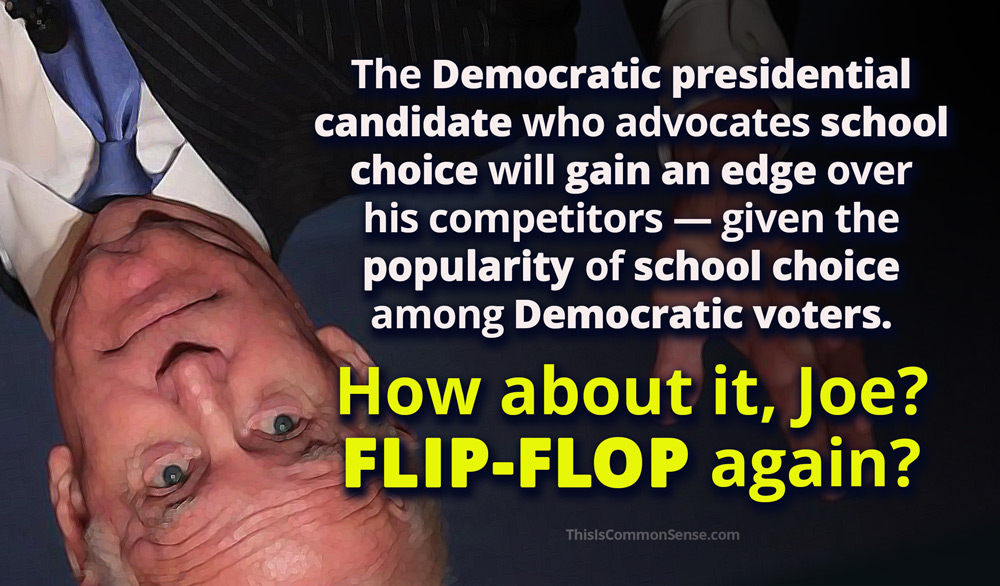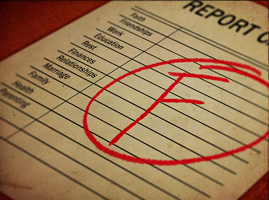You may have thought it couldn’t get this bad.
“Not one student at 13 high schools in Baltimore City, Maryland, achieved proficiency in math,” informs the city’s Fox 45 News, “as indicated by state math exams.”
That’s 40 percent of the city’s high schools and we’re talking not a single soul managed to come in at “proficiency.” Not mastery, mind you.
“Among those 13 high schools,” the report continued, “a total of 1,736 students participated in the test with 74.5% of them achieving the lowest possible score of one out of four.”
Okay, okay, but what about the city’s best schools?
Well, a Fox 45 News follow-up found that only “11.4% of students” even at “Baltimore’s five top-performing high schools” are “proficient in math.”
Adding, “In fact, not one high school student in the entire city, last school year, achieved a top level of math proficiency.”
Jason Rodriguez, with People Empowered by the Struggle, an edgily named Baltimore nonprofit, calls it “educational homicide.”
“It’s not a funding issue,” says Rodriguez. “We’re getting plenty of funding.” He thinks “accountability is the issue” and has “been calling for the resignation of the school CEO.”
Young people in Baltimore can learn mathematics just as well as young people anywhere. That we know. But they also need functional families as well as functional schools. The government, plausibly the chief cause of the dysfunction of both, has only official responsibility for the latter.
Sure, it sounds like time to lop off the top brass. But also past time to give every parent of a school-age child in Baltimore (and everywhere) a choice about where to go to school — purchased with the tax dollars that taxpayers are already providing.
Currently, to no avail.
This is Common Sense. I’m Paul Jacob.
Illustration created with PicFinder.ai
—
See all recent commentary
(simplified and organized)






